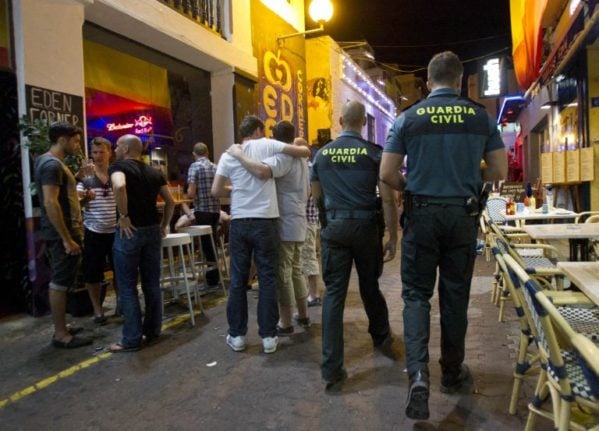Across the 27 countries of the EU, people of all ages can move countries to work, study, spend a long visit or chase the possibility of love – and all this is possible thanks to EU freedom of movement.
That freedom no longer extends to the UK. As a result of Brexit, a UK national who wants to move to an EU country, or an EU citizen who wants to move to the UK, will need a visa in order to do so.
However, a new ‘mobility scheme’ could re-create some elements of freedom of movement – if the EU and UK can come to an agreement. The signs of that are not good, with the current UK government rejecting the proposal before it had even been formally offered, but here’s what we know about the proposal.
Who would benefit?
First things first, it’s only for the youngsters, older people will have to continue with the time-consuming and often expensive process of getting a visa for study, work or visiting.
The Commission’s proposal is for a scheme that covers people aged 18 to 30.
Their reasoning is: “The withdrawal of the UK from the EU has resulted in decreased mobility between the EU and the UK. This situation has particularly affected the opportunities for young people to experience life on the other side of the Channel and to benefit from youth, cultural, educational, research and training exchanges.
“The proposal seeks to address in an innovative way the main barriers to mobility for young people experienced today and create a right for young people to travel from the EU to the UK and vice-versa more easily and for a longer period of time.”
How would it work?
The proposal is to allow extended stays – for young people to be able to spend up to four years in the EU or UK – under a special type of visa or residency permit. It does not, therefore, replicate the paperwork-free travel of the pre-Brexit era.
The Commission states that travel should not be ‘purpose bound’ to allow young people to undertake a variety of activities while they are abroad.
Under the visa system, people must travel to a country for a specific purpose which has been arranged before they leave – ie in order to study they need a student visa which requires proof of enrolment on a course, or if they intend to work they need a working visa which often requires sponsorship from an employer.
The proposal would allow young people to spend their time in a variety of ways – perhaps some time working, a period of study and then some time travelling or just relaxing.
It would also not be subject to national or Bloc-wide quotas.
It seems that some kind of visa or residency permit would still be required – but it would be issued for up to four years and could be used for a variety of activities.
Fees for this should not be “excessive” – and the UK’s health surcharge would not apply to people travelling under this scheme.
Are there conditions?
Other than the age qualification, the proposal is that young people would have to meet other criteria, including having comprehensive health insurance, plus financial criteria to ensure that they will be able to support themselves while abroad.
The visa/residency permit could be rejected on the ground of threats to public policy, public security or public health.
Will this happen soon?
Slow down – all that has happened so far is that the European Commission has made a recommendation to open negotiations.
This now needs to be discussed in the Council of Europe.
If the Council agrees then, and only then, will the EU open negotiations with the UK on the subject.
The scheme could then only become a reality if the EU and UK come to an agreement on the terms of the scheme, and then refine the fine details – reacting the news reports of the proposal, the UK government appears to have already dismissed the idea out of hand, so agreement at present seems unlikely. However, governments can change and so can the political climate.
But basically we’re talking years if it happens at all – and that would require not only a new government in the UK (which seems likely) but a major change in the whole British political atmosphere.
Don’t start packing just yet.



 Please whitelist us to continue reading.
Please whitelist us to continue reading.
EU using British youth as a tool of trade and still trying too maintain influence in British politics.. My thoughts beware !?